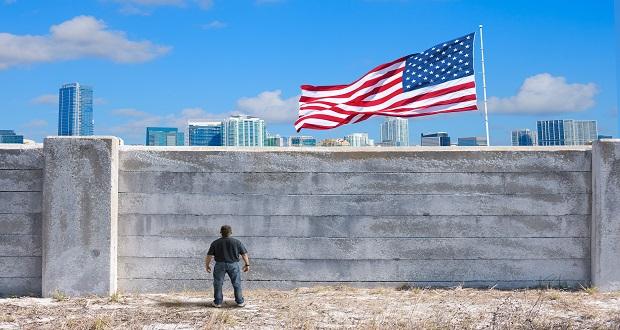
I want to write briefly about a potential gap in the ways we normally think about leadership. Many books and trainings on leadership largely focus on ideal characteristics, behaviors, and values that are vital to the process of becoming a great leader. Sometimes they are presented as a list of strengths that we either already possess or are encouraged to go get. Or sometimes they are a list of habits that we should build into our daily routines. In both cases, ideal strengths and behaviors are seen as sources of power that are separate from our lived experiences of the past. If the strength is self-confidence for example, it is usually described as something that is inside of us yet disconnected from all of our experiences that produced that confidence along the way. And I think that context matters.
I have thought a lot lately about the notion of diversity leadership as a lived embodied process. This is very different than the ways many people think about diversity and leadership: which are typically viewed as separate entities. Do a simple Google search for “diversity leadership” and most of the results assume that you mean people who are leaders who manage diversity—treating them as separate things. But what I’m getting at is a way to lead that comes out of and utilizes one’s own diverse experiences: essentially doing your own cultural identity work for the purpose of exploring how your experiences make you a better leader.
I was recently talking to a friend who works in educational reform about her experiences using a personal business coach. When I initiated the conversation I was expecting to hear about how her experience with her coach was exposing her to all of the latest business and leadership best practices. But what I got was much more grounded in her very real lived experiences around issues of diversity. In fact, my friend shared that the most transformative aspect of her coaching experience was being able to have someone as a mentor that looked like her and had been through many of the same struggles. They are both black women who had been through similar challenges around race and gender in the workplace and they used those experiences as sources of strength for each other. I noticed the same thing several years ago talking with a CEO who shared a similar motivation in her search for an executive coach. She was a business leader who identified strongly as a religious person and repeatedly told me how valuable it was to have a mentor who could relate and share similar experiences around navigating their faith values in their roles at work.
In both cases, what made the leader so impactful was not just their expertise and knowledge around leadership; but it was both of those things coupled with their identities around dimensions of diversity. Their shared experiences and introspection about their cultural diversity were not secondary issues, but central to their practice as leadership coaches. This is different than trying to blindly apply a set of universal strengths or habits to an unknown other. It is a targeted approach that uses the mundane, messy, everyday stuff of lived experiences as a bridge to challenge and inspire others. This does not mean that diversity leadership in this way replaces being led by someone who is culturally different. Some of the most challenging and transforming experiences I’ve had as a person have come from people who are very different from myself. But it adds another possibility in the complex web of potential leadership strategies that end up shaping who we are. Ideally, in our journeys we will walk alongside fellow travelers who have been down similar paths, and who can relate, as well as travelers who meet us from different paths and who can enlighten and challenge.


















